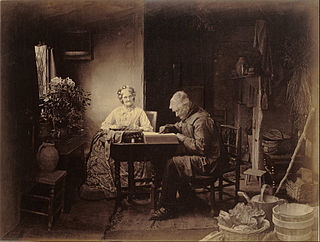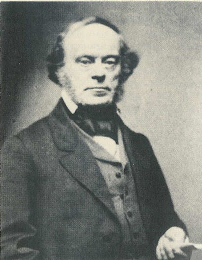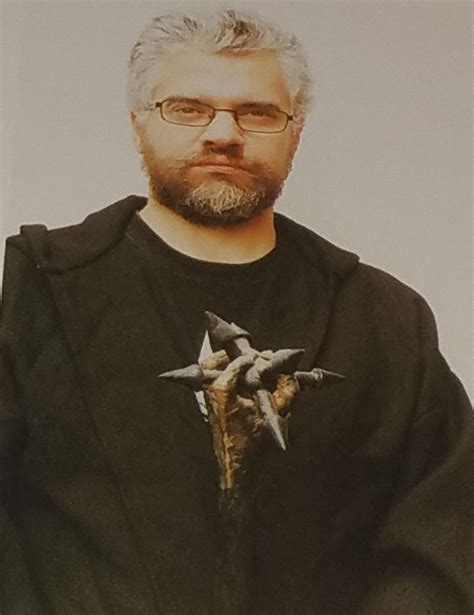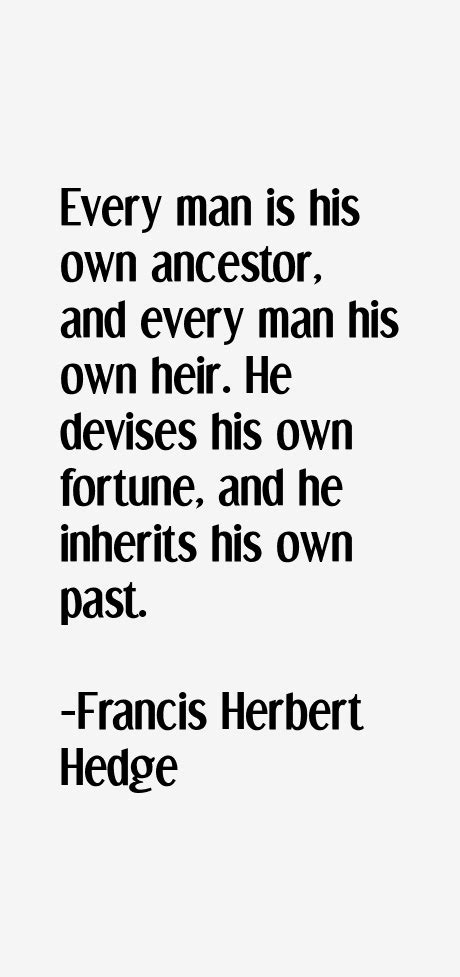A Quote by Jorge Luis Borges
Every writer creates his own precursors. His work modifies our conception of the past, as it will modify the future.
Related Quotes
In the critic's vocabulary, the word "precursor" is indispensable, but it should be cleansed of all connotations of polemic or rivalry. The fact is that every writer creates his own precursors. His work modifies our conception of the past, as it will modify the future." -- Essay: "Kafka and his Precursors
Clearly the hardest thing for the working artist is to create his own conception and follow it, unafraid of the strictures it imposes, however rigid these may be... I see it as the clearest evidence of genius when an artist follows his conception, his idea, his principle, so unswervingly that he has this truth of his constantly in his control, never letting go of it even for the sake of his own enjoyment of his work.
Every artist of importance creates his own world, with its own laws - creates and shapes it in his own shape and image, and no one else's. This is why it is difficult to fit the artist into a world that has already been created, a seven-day, fixed and solidified world: he will inevitably slip out of the set of laws and paragraphs, he will be a heretic.





































